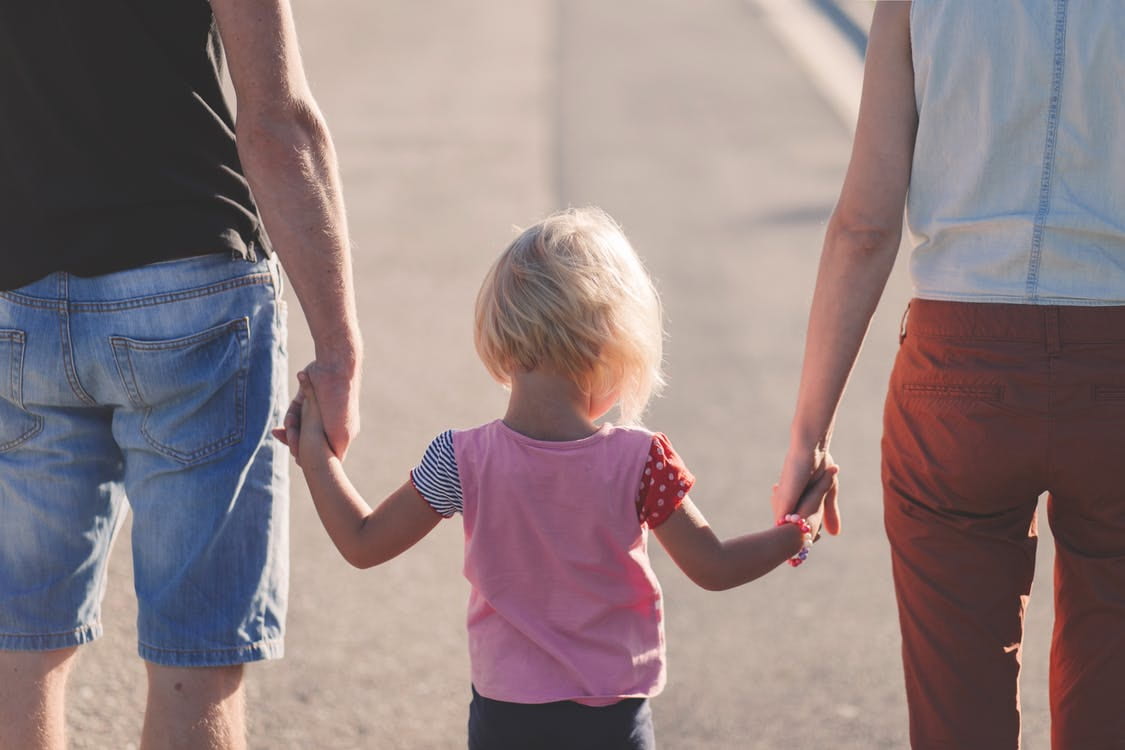Individuals and families from every sector are feeling the effects of the current COVID-19 pandemic. From loss of jobs and finances to taking care of kids while trying to work at home to existential stress and worry about the health of loved ones, higher than average stress is now a daily companion for nearly everyone. Even simple tasks like getting groceries can be a significant source of anxiety. Some stress is not always bad; It can help to push us toward a goal or help us flee from danger. Chronic stress, though, is what we have to watch out for – the type of ongoing stress that comes from events like enduring pandemics. Chronic stress builds over time in our body and leaves wear and tear, called allostatic load, that can affect our cognition, our metabolic functioning, and even our immune systems. The good news is, there are strategies we can use to help control our stress and the stress our children face.
The growing science of emotion regulation, which includes a lot of the work we do here at the institute, has found answers to questions like, “Which emotions are okay to express? And how much?” or “How do I control my anxiety?” How we regulate our emotions can often influence how much stress we face. Recently, Dr. Stacey Doan published new research with colleagues showing that having a high amount of negative emotion can contribute to high blood pressure just as much as the absence of negative emotions (aka being stoic). That means you don’t want to completely suppress your negative emotions, even if you’re trying to hide it for others. That kind of suppression will contribute to more stress.
If you feel you’ve got a lot bottling up, one strategy is to use writing or art, such as starting a journal or creating a collage. If you’re more toward the other end of the spectrum and you want a strategy to control too much anxiety or negative emotions, one science-backed strategy is meditation. Meditation is often a tool for mindfulness, such as bringing your awareness to the present moment, helping you to focus on something simple like your breath. Neurological and behavioral studies have shown frequent mindfulness meditation to contribute significantly to better self-regulation, less negative emotion, less stress, greater health, more positive emotions, and even higher achievement.
Emotion regulation isn’t just about focusing on negative emotions, however. Sometimes we want to increase positive emotions, especially since they can work alongside the control of negative emotions to contribute to resilience. While positive and negative emotions influence each other, they are actually separate processes. Controlling negative emotions doesn’t always automatically boost happiness, so it’s good to focus on boosting those positive emotions separately.
One way is to focus on savoring the good moments. Any positive emotions you’re already feeling can be amplified by simply turning your attention to the moment – letting yourself be free briefly from distractors and other worries and aware of how the moment makes you feel. You can even reflect on a past moment: “I really enjoyed laughing with them earlier today – it was like a weight was lifted and I got to connect more with them” or savor a moment along with others.
As an added bonus, if you take time to regulate your emotions, your kids will benefit, too. Recent research by Doan and colleagues found that children’s distress tolerance and depressive symptoms were tied to parents’ own emotion regulation, especially the mothers’. “Like on a plane, parents need to put their oxygen mask on first. It’s truly important that we need to take care of ourselves, our emotions. If we do that well, it would be easier for us to provide the responsive care that we need,” advises Doan.
But how do we help our kids directly with their emotions? Some of the strategies mentioned above for you are ones you can help your kids with as well. Proper expression of negative emotions, for example, is just as important for kids. The wear and tear of stress can affect youth just as much as it can affect adults. Art is a great way for kids to not only express their emotions, but for parents to have fun connecting with their kids. Helping children to savor good moments, asking them how it made them feel and telling them it’s okay to express those emotions, is also a great strategy. Kids that have support in savoring and emotion regulation have been shown to have better adaptive skill. If your kids are very young, such as preschool age, it may be a better strategy to model emotion regulation. Young children tend to replicate emotional behavior, regardless of what is being said.
Soon our research lab will know even more about how to help families through pandemic-specific stress. Having received a recent grant from the National Science Foundation, Doan and colleagues are currently studying the effects of chronic stress and factors contributing to resilience during the COVID-19 pandemic. “The pandemic is a stressor that is unlike anything that has happened in recent times. We know it has wide-ranging effects . . . Being able to understand its impacts now is crucial for informing future prevention and intervention efforts,” states Doan. In the meantime, existing research gives us helpful knowledge and tools to cope with this unprecedented stress we all face. Some of those strategies for both you and your child are:
- Art
- Journaling
- Meditation
- Savoring
To keep track of research news coming out of the Berger Institute, check our homepage or follow our social media.

